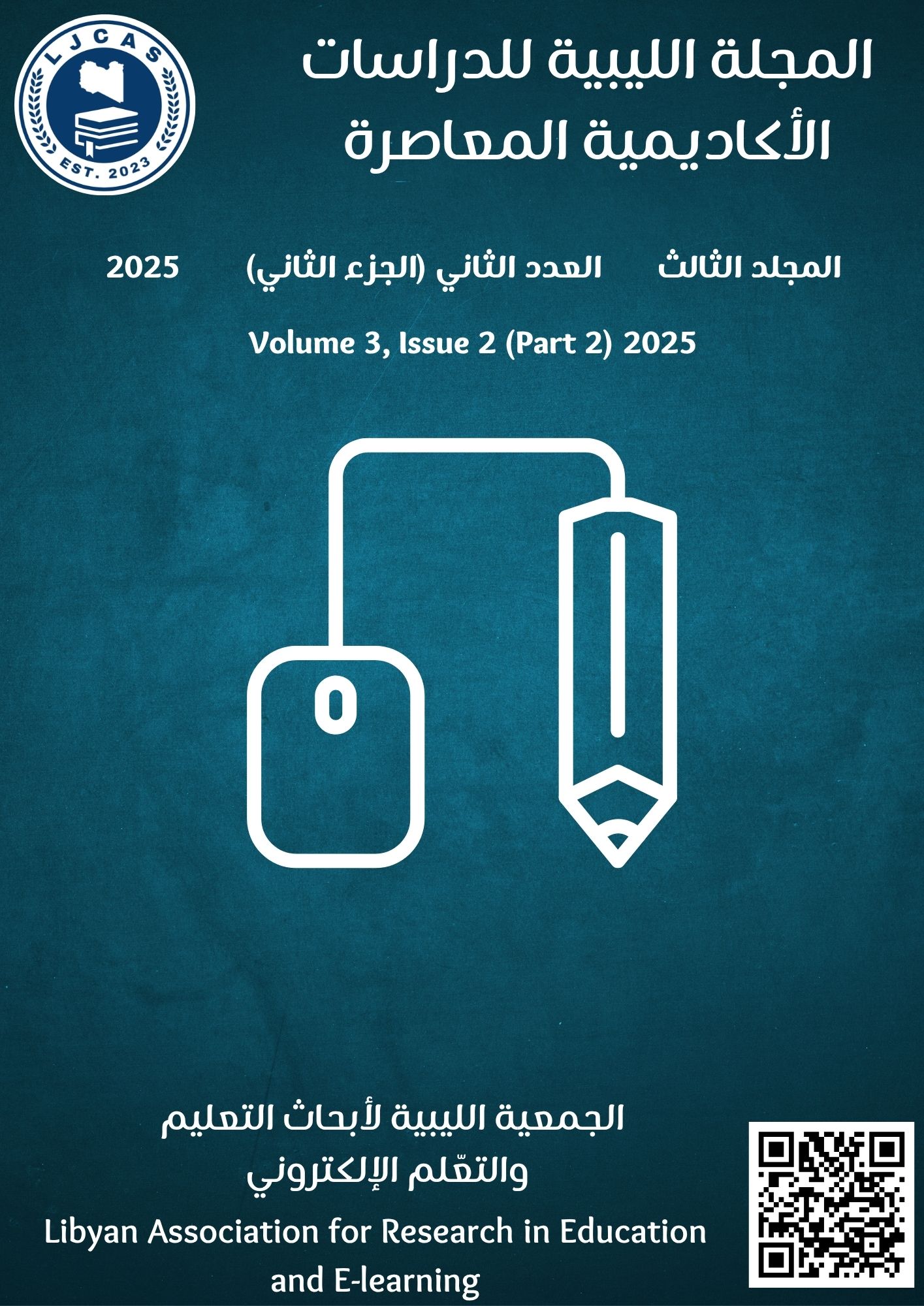Electronic Sales and Its Related Legal Rulings: An Analytical Jurisprudential Study
DOI:
https://doi.org/10.65417/ljcas.v3i2.181Keywords:
Electronic Sale, E-commerce, Juristic Rulings (Fiqhi Rulings), Internet Contracts, Islamic Jurisprudence (Fiqh),, Offer and Acceptance, Contract Session (Majlis al-‘Aqd), Digital GoodsAbstract
This study addresses the topic of electronic sale contracts concluded over the internet, which have proliferated as a result of major technological development. The main problem revolves around the Shar’i ruling (Islamic legal ruling) for these contracts, their specific regulations and controls, the concept of the contract session (Majlis al-‘Aqd), and the rulings specific to electronic goods such as software, e-books, and audio/visual recordings. The research aims to reach the Juristic rulings (Fiqh) for this type of contract so that a Muslim can be fully informed of his position when using this modern method of transaction.
The study adopted the descriptive analytical method and was divided into two main chapters. The first chapter addressed the conceptual framework of electronic selling in terms of its definition, mechanism, and clarification of its benefits for both companies and customers. The second chapter, on the other hand, presented the juristic interpretation (Takyeef Fiqhi) of electronic selling by reviewing the definition of a sale contract and its essential elements (pillars) in Islamic jurisprudence (Fiqh) in general, and then applying those elements to the electronic sale.
The study concluded that electronic sale contracts are essentially valid contracts, just like traditional contracts, provided that they are free from ignorance (Jahalah) and excessive uncertainty (Gharar), and that the essential elements of the contract are fulfilled. This includes the formula (offer and acceptance) whose implication is valid through electronic means, and that the subject matter (the sold item and the price) is pure (Tahir), lawfully usable (MuntafabihiShar′an), and capable of being delivered. The study emphasized the importance of dealing with e-commerce consciously to achieve public and private interests while adhering to ethical and legal regulations (Sharia controls).







